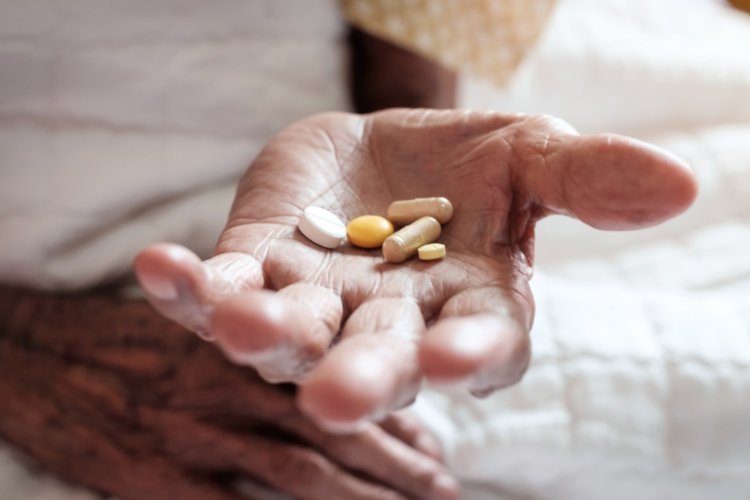The British Health Organization is warning that you should only cook bread, chips and potatoes till they are a golden yellow color, rather than brown. This will reduce your intake of acrylamide which may cause cancer. Acrylamide is produced when starchy foods are roasted, fried or grilled for too long at high temperatures. Starchy carbs such as spuds, bread and pizza dough – as well as root vegetables including beetroot, turnips, swede and parsnips – are all thought to produce acrylamide. When these foods are cooked at high temperatures, above 120C, a chemical reaction causes acrylamide to form.
The Food Standards Agency (FSA) recommends carefully following cooking instructions and avoiding browning. However, Cancer Research UK said the link was not proven in humans. Interestingly, the FSA recommends that potatoes and parsnips should not be kept in the fridge. This is because at low temperatures sugar levels rise in these vegetables, which will increase the acrylamide produced during cooking.
The Food Standards Agency says it is not clear exactly how much acrylamide people can tolerate, but it does believe that we are eating too much of it.
The FSA is advising people in an information campaign “Go for Golden” to make the following small changes in the way they cook:
- Go for a golden yellow color when toasting, frying, baking, or roasting starchy foods such as potatoes, bread and root vegetables
- Don't keep raw potatoes in the fridge – store them in a cool, dark place above 6C instead
- Follow the cooking instructions carefully when heating oven chips, pizzas, roast potatoes and parsnips
- Eat a healthy, balanced diet that includes five portions of vegetables and fruit per day as well as starchy carbohydrates
On the FSA website, Steve Wearne, Director of Policy at the Food Standards Agency, commented: ‘Our research indicates that the majority of people are not aware that acrylamide exists, or that they might be able to reduce their personal intake. We want our 'Go for Gold' campaign to highlight the issue so that consumers know how to make the small changes that may reduce their acrylamide consumption whilst still eating plenty of starchy carbohydrates and vegetables as recommended in government healthy eating advice.”





